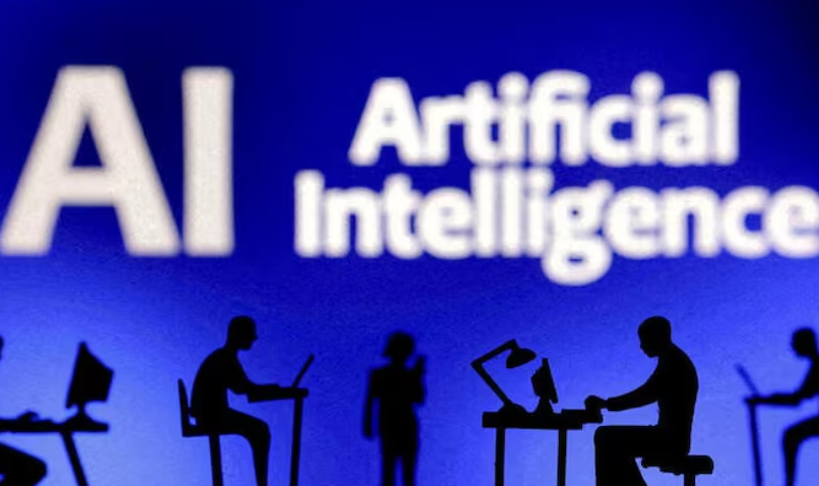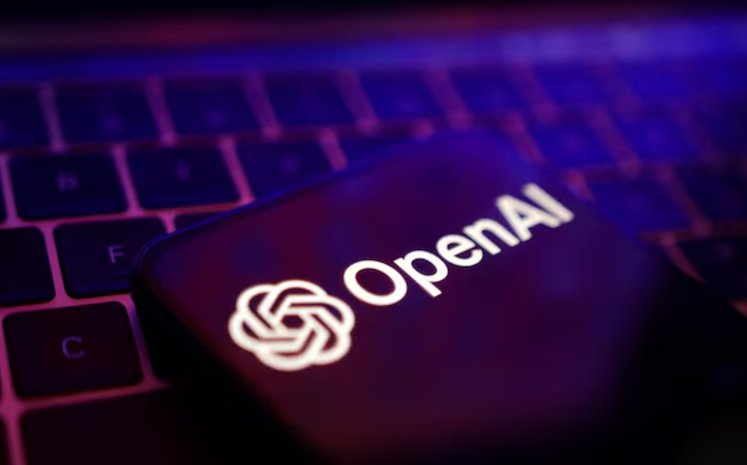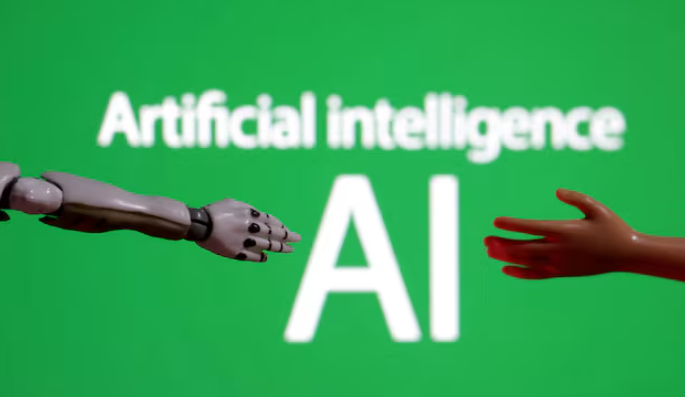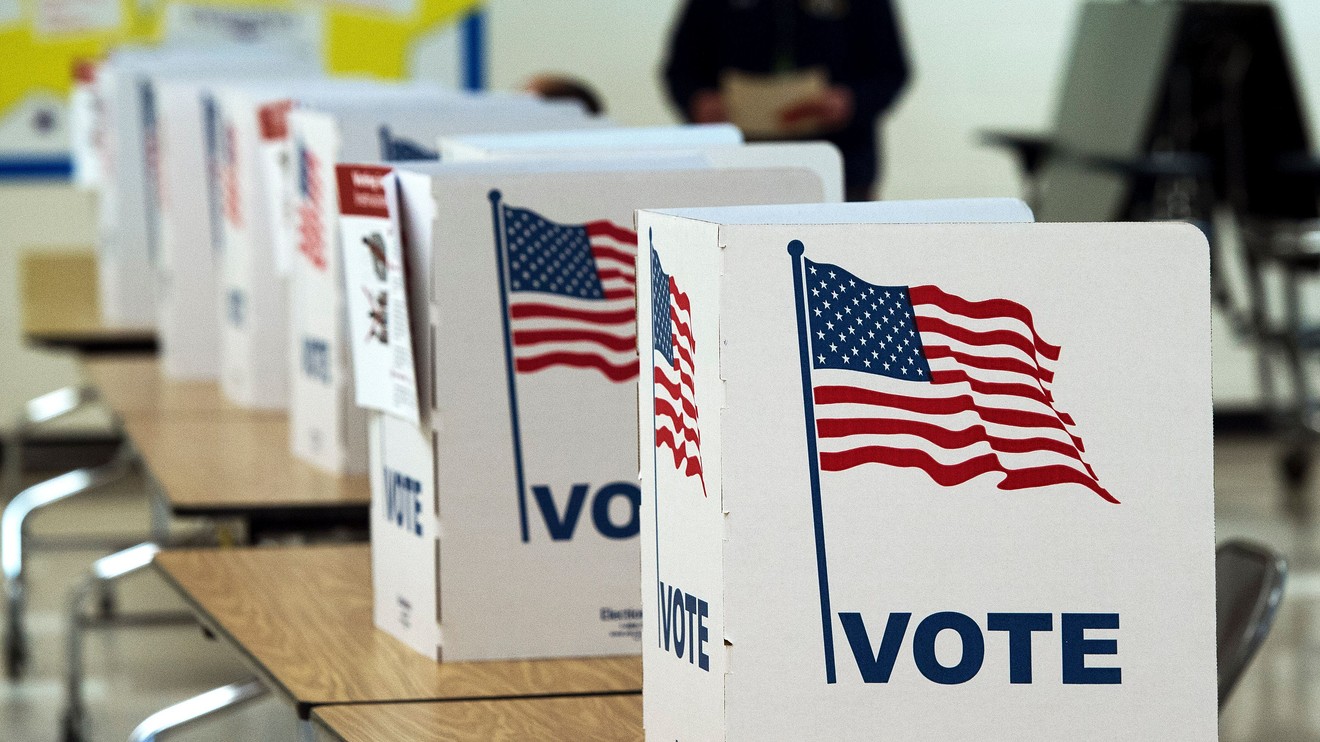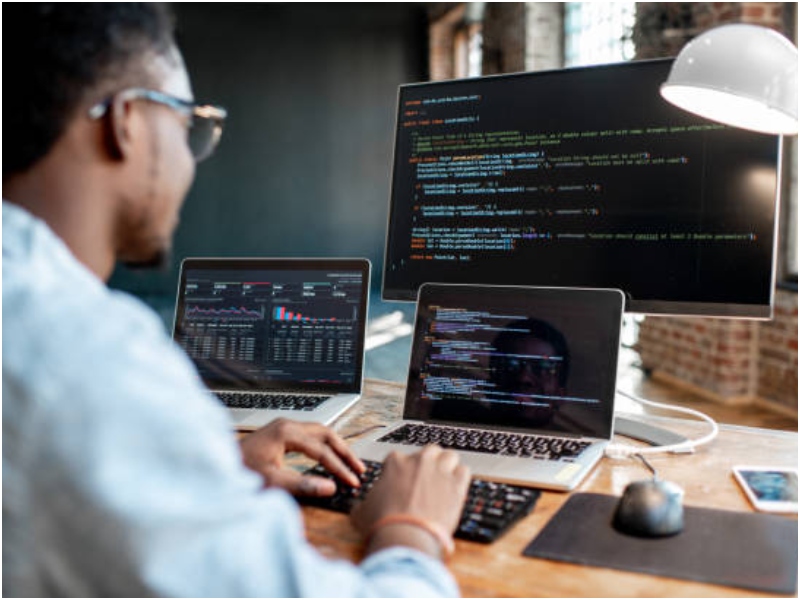Artificial Intelligence (AI)
-
Generative AI as a Scholarly Tool Suffolk University Law Dean Andrew Perlman, a noted expert in law and technology, recently employed ChatGPT to co-author an article that explores how generative AI could transform legal scholarship. In his December 26 piece titled “Generative AI and the Future of Legal Scholarship,” Perlman asked ChatGPT to devise a…
-
The Illinois Supreme Court has authorized the use of artificial intelligence (AI) tools by judges, attorneys, clerks, and other court officials under specific conditions. The new policy, announced Wednesday and effective Jan. 1, emphasizes that AI usage must comply with existing legal and ethical standards while promoting innovation and efficiency in the judiciary. “This policy…
-
This article, by John Villasenor talks about how AI is revolutionizing the legal profession. Law firms embracing AI stand to offer more efficient and cost-effective services, impacting litigation outcomes positively.
-
As elections around the world loom, concerns over the potential havoc wrought by artificial intelligence (AI) on voters’ minds have escalated, with about half the world’s population going to polls.
-
Experts are predicting that 2024 will launch major developments in technology and law that could have a significant impact on organizations. Below is a list of what to expect in 2024 compiled by Chinh H. Pham, Andrew (A.J.) Tibbetts of Greenberg Traurig, LLP and published in the National Law Review. Generative AI took center stage…
-
A recent study conducted at the University of Minnesota has shed light on the impact of artificial intelligence (AI) on law students’ performance in final exams, revealing both positive and negative outcomes. The research, led by Minnesota law professor Daniel Schwarcz and University of Southern California law professor Jonathan Choi, focused on 48 students enrolled…

